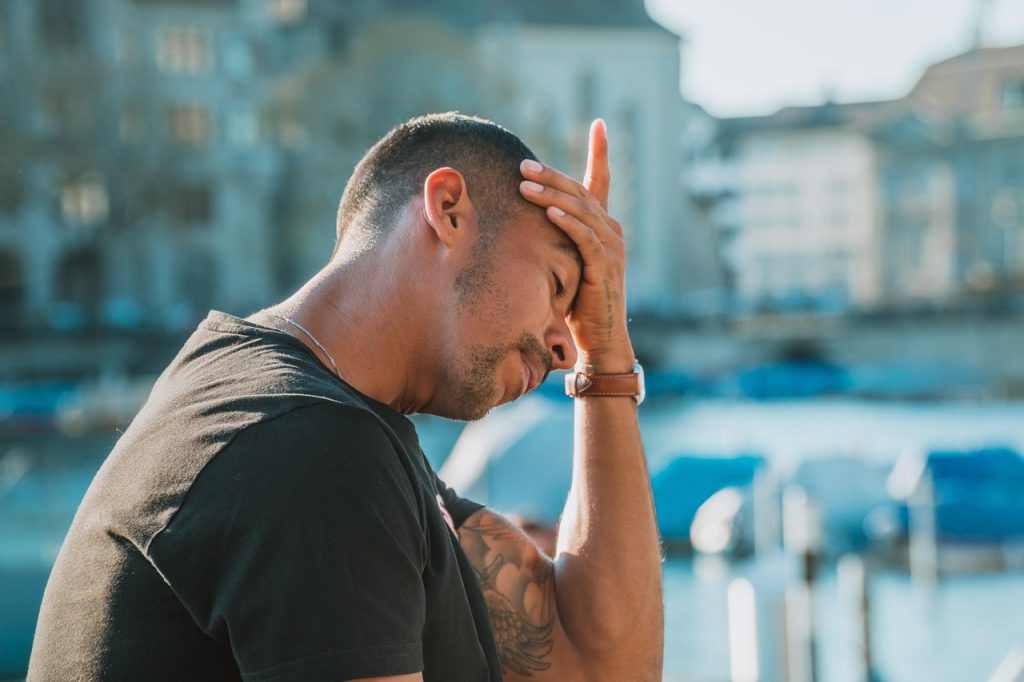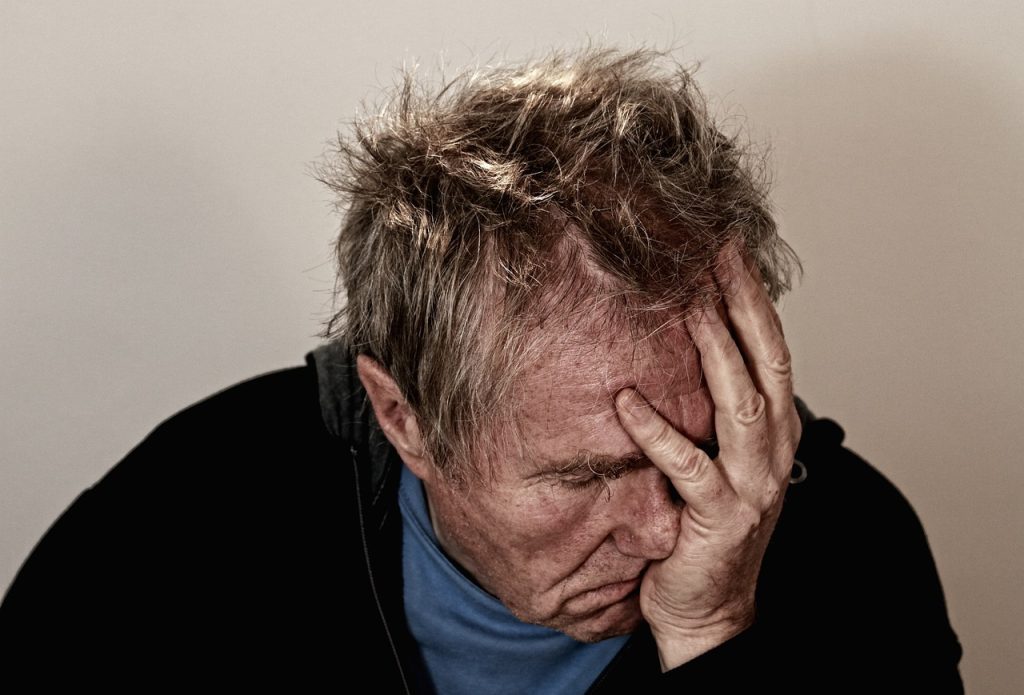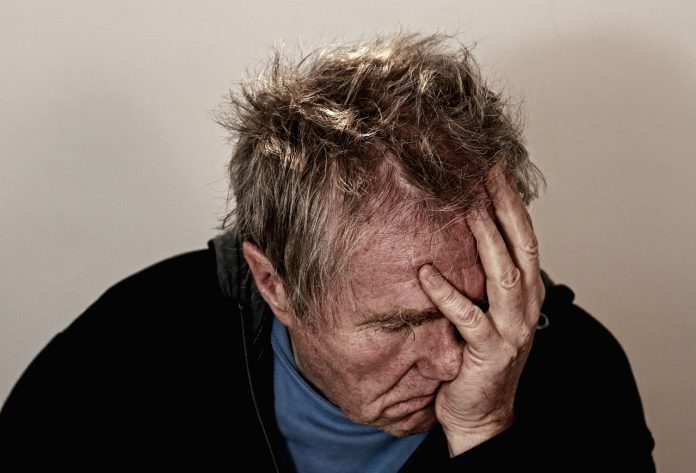Friendship breakups can be just as hard and painful as romantic relationships. Not only do you have to face losing someone special from your life, but it can also leave you feeling alone and with a deep sense of loss.
Whether the breakup was mutual or one-sided, it’s often difficult to process why things didn’t work out and move on with your life.
Friendship breakups hurt most because they are an ambiguous loss.
Ambiguous loss is when a person is physically present but psychologically absent (Alzheimer’s, a checked-out partner or friend) or when someone is psychologically current but physically gone (immigration stories, breakups).

Friendship is something we’re funneled into in childhood and are expected to figure out as we mature without much guidance.
Often, people feel that they have to stay loyal to friends, even when that friendship is no longer serving them. The truth is people grow apart.
Think about yourself
Are you the same person you were 5 years ago or even one year ago? Have you taken stock of your relationships and whether they are still a fit for you in this period of life?
We take great care to evaluate our romantic relationships and communicate about them; do you do this in your friendships the same way?
Friendship loss hurts because friends are attachment figures as much as our caretakers and romantic partners are attachment figures.
Make new memories
We can’t find the eternal Sunshine of the spotless mind our way out of painful memories of a person. The brain typically remembers everything that’s ever happened to us, even if we don’t know that we remember these experiences.
The way to actually heal from pervasive painful memories is to make new ones. Did you go to a specific concert with your friend every summer? Start making new memories around that with someone meaningful to you.

Give yourself time to grieve
Just like with any other kind of loss, it’s essential to give yourself time to mourn the end of the friendship.
Don’t try to bottle up your feelings or tell yourself that you shouldn’t be feeling sad. It’s okay to cry, and it’s okay to take some time for yourself.
Talk about what happened
It can be helpful to talk to someone else about what happened and how you’re feeling. This could be a close friend, family member, or even a therapist if you feel you need professional help. Talking about the situation can help you make sense of it and start to move on.
Acknowledge the pain
It is essential to know that the grief that you are in is real and normal. The loss of intimacy and connection is quite real. It is very valid and hurts like hell.
The best way to move on is by telling yourself that this pain is valid and it will stay there till you heal from this breakup. So, tell yourself that it is something and really just not nothing.
Try to stay busy

Second, try to stay busy and keep your mind occupied. Spend time with other friends, go out and do things you enjoy, and take up a new hobby.
Remember that this isn’t the end of the world. You will make new friends and have new experiences. The pain of a friendship breakup will eventually fade.
Reasons behind friendship breakup
If all of the answers to these questions are indicating towards your friendship breakup, then you need to know some of the reasons behind the breakup like:
- Breach of trust
- Misunderstandings
- Change of interest and values (political views, getting married, moving)
- Clashes or attraction to a partner of the friend
- Offensive Behavior
Surround yourself with people who appreciate you for who you are
However, if your friend can’t respect that, then the relationship is not as likely to last. You need to surround yourself with people who appreciate you for who you are and find new friends you can rely on.
Why Do Friendship Breakups Hurt So Much?
Friendship breakups can be incredibly painful, often leaving us feeling hurt, confused, and alone. This is because, just like romantic relationships, friendships can be deep and meaningful connections that shape our lives.
We invest time, energy, and emotions into our friendships, and when they end, it can feel like a part of us is missing.
Another reason why friendship breakups can be so painful is that we often don’t see them coming.
Unlike romantic breakups, which can sometimes be anticipated, friendship breakups can happen suddenly and without warning. This lack of closure can leave us blindsided and unsure of what went wrong.
Moreover, friendships can have a profound impact on our self-esteem and identity. When rejected by a friend, it can trigger feelings of insecurity and make us question our worth.
This can be especially hard if the friendship is a major part of our social network, leaving us feeling isolated and alone.
Is It Okay to Feel Sad After a Friendship Breakup?
Yes, it’s normal to feel sad after a friendship breakup. Friendships can bring joy and support to our lives, and losing one can be a significant loss.

It’s okay to feel a range of emotions, including sadness, anger, hurt, and disappointment. These feelings are a part of the grieving process and show that friendship is important to you.
You must process your emotions and give yourself time and space. You can reach out to a trusted friend, family member, or mental health professional for support.
Avoid self-blame and negative self-talk. Remember, friendships can end for various reasons, and it’s not always about you.
How Do You Know a Friendship Is Really Over?
It can be hard to determine when a friendship has truly come to an end. But here are a few potential signs that might indicate that it’s time to move on:
• Communication has significantly dwindled: If you’re the only one reaching out and initiating conversations, and your friend is frequently unresponsive or disinterested, that might be a red flag.
• You feel drained or upset after spending time together: If you leave every interaction with your friend feeling exhausted, upset, or drained, it might be a sign that the friendship is no longer bringing you joy.
• You don’t feel comfortable being yourself around them: If you find that you’re censoring your thoughts or actions around your friend, or that you don’t feel comfortable expressing your true self, it might be time to re-evaluate the relationship.
• You no longer have anything in common: As people grow and change, it’s natural for their interests and lifestyles to shift.
If you and your friend have grown apart to the point where you no longer have anything in common, it might be hard to maintain the friendship.
• Your values or beliefs no longer align: If you and your friend have fundamentally different values or beliefs, it can be challenging to maintain a close relationship.
• You’re no longer a priority: If your friend is consistently canceling plans, forgetting to respond to messages, or not showing up when you need them, it could be a sign that they no longer value the friendship as much as you do.
• There’s a lack of trust: If you find that you can’t trust your friend or that they don’t trust you, it can be challenging to maintain a healthy relationship.
• There’s a lot of conflict or drama: If your friendship is filled with constant arguments, disagreements, or drama, it can be draining and take a toll on your mental health.
• You’ve outgrown each other: Sometimes, people simply outgrow each other. If you and your friend no longer have much in common or aren’t interested in the same things, it can be tough to maintain a close friendship.
It’s also worth considering if any particular event or situation has led to a breakdown in the friendship. Sometimes, friendships can survive conflicts or disagreements, but other times they might be irreparably damaged.
